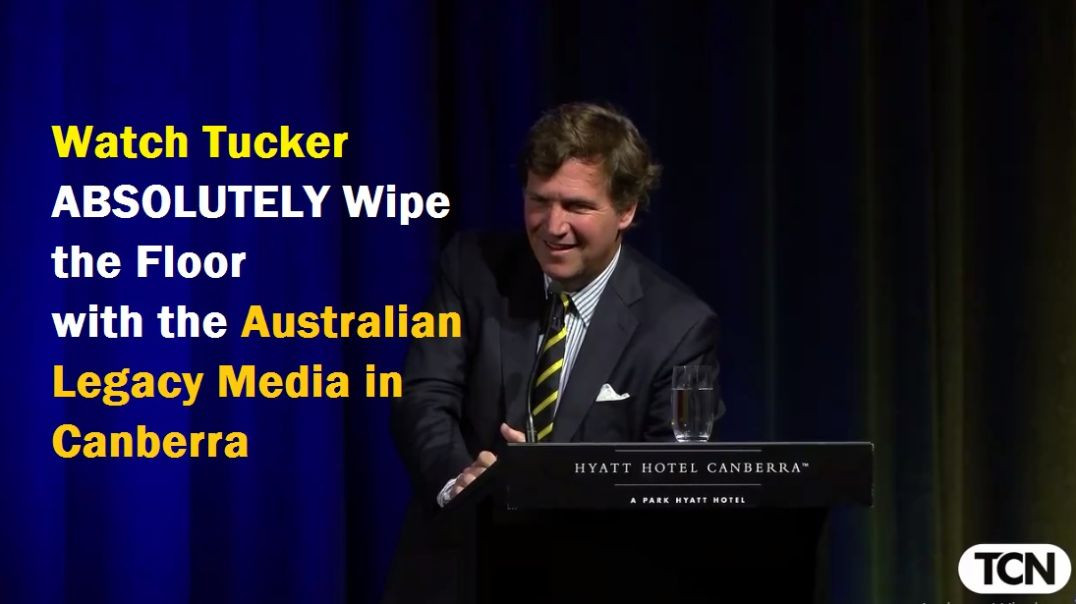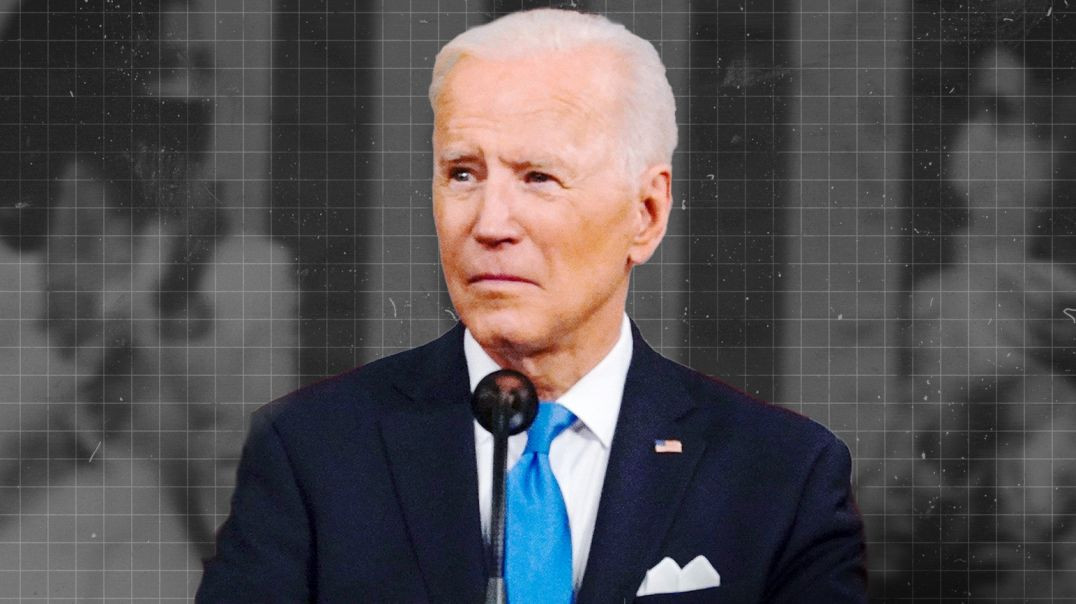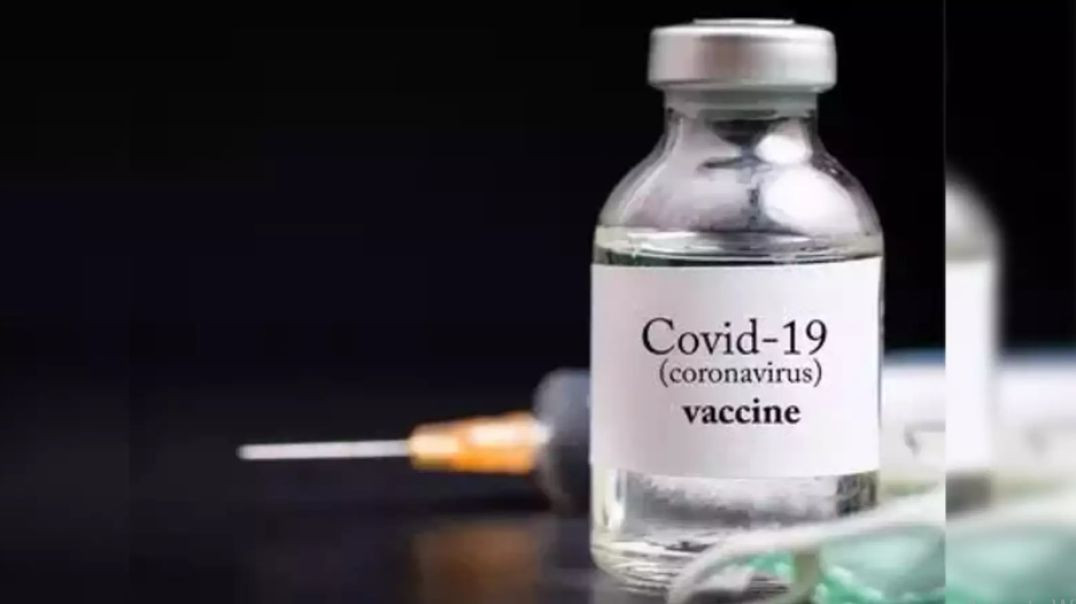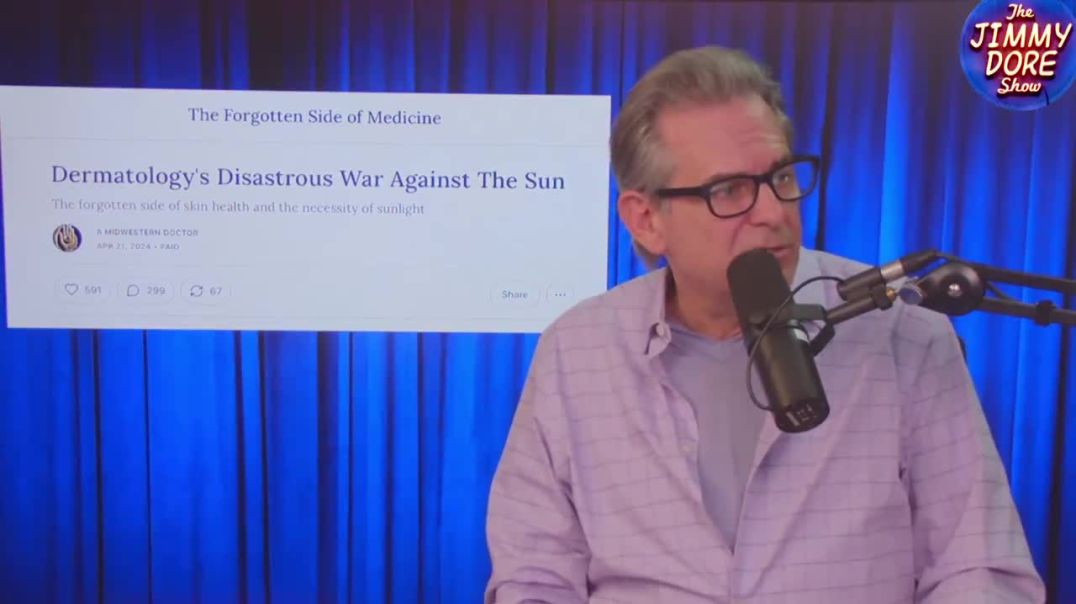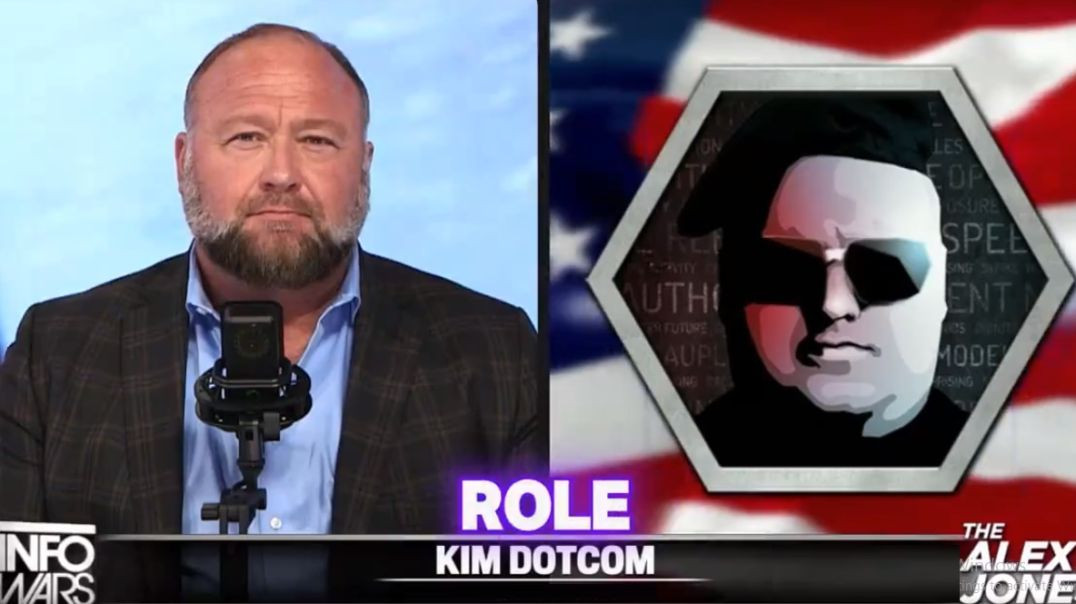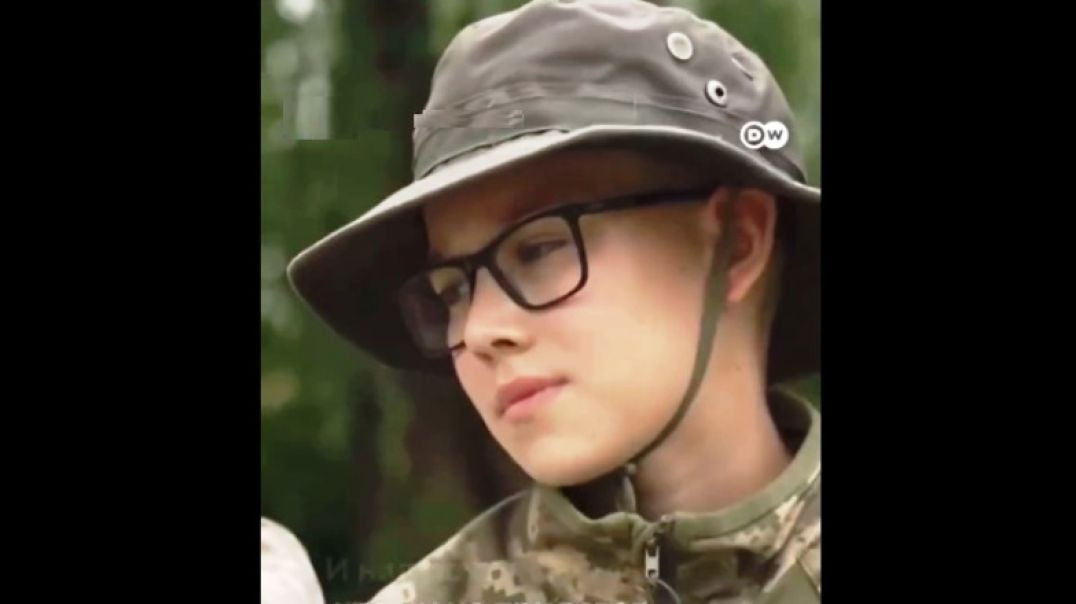Latest videos
Watch Tucker ABSOLUTELY wipe the floor with the Australian legacy media in Canberra.
Attendees: Sydney Morning Herald, who claimed the COVID injections probably saved “tens of millions of lives,” the ABC & AAP.
They all quietly slipped out after being brutally mocked & shamed by the audience.
Joe Biden's dementia, as seen from 10,000 miles away.
Source: https://x.com/TuckerCarlson/st....atus/180707620415705
Leader of the Reform Party Nigel Farage: "The war in Ukraine has reached a dead end."
Source: https://t.me/AussieCossack/19139
Here is what Mariupol looks like today under Russian occupation liberation.
Source: https://t.me/AussieCossack/19143
Dr. William Makis: "Once you've had more than 2 Covid vaccines your entire immune systems shifts completely to producing this tolerance antibody (IGG4) that actually helps in the tolerance of cancer and shuts down cancer surveillance as well...We had no idea that there were trillions of these DNA particles that were in every single vial and they have this SV40 promoter, the simian virus 40 which is oncogenic in itself, but it's only portion of it, Pfizer denied it was there, it actually hid the sequence of the SV40 from regulatory bodies, from the FDA, from Health Canada, from the EMA. And apparently the SV40 sequence can actually help deliver nuclear material, genetic material to the nucleus where integration can then take place and then potentially cause cancer. So we didn't know this 12 months ago, now we've got another potential mechanism of these cancers may be arising..."
Source: CR Podcast with Daniel Horowitz (Rumble)
BREAKING: Trump campaign releases new ad showcasing the decline of Joe Biden.
How desperate are the Globalists and Democrats to put Biden up as their candidate- the supposed leader of the free world - can’t imagine why the West is a declining soon to be irrelevant power.
Source: https://x.com/jamiemcintyre21/....status/1806834711651
The Shocking Truth About Skin Cancer: What You’re Not Being Told About the Sun
Is everything we’ve been told one big fat lie? The answer seems to be a resounding yes.
While the public is constantly told to avoid the sun to prevent skin cancer, what they’re not telling you is that sunlight is arguably the most important nutrient for the human body.
And get this: avoiding sunlight can double one’s risk of dying prematurely, and it also increases the risk of all other cancers.
Sunlight also:
• is critical for mental health
• reduces the risk of breast cancer
• is vital for cardiovascular health
• increases one’s longevity
• triggers the production of Vitamin D
• is vital for proper immune system function
So, why all the fearmongering? The answer seems to be “follow the money.”
A Midwestern Doctor writes:
“A remarkably sophisticated public relations campaign was launched to transform society for the benefit of [the dermatology] industry.”
The demonization of the sun has “allowed the dermatologists to cast themselves as heroes and to stir up as much anxiety as possible about the sun—especially as a psychological investment they had to make constantly putting sunscreen on would make them more likely to go to their dermatologist.”
Moreover, the skin cancer fear campaign has created “a massive sales funnel by being allowed to do a massive number of routine full body skin exams (on otherwise healthy individuals) and hence have a huge pool of potential cancers to biopsy or excise (remove).”
Lastly, the war against sunlight has allowed them “to piggyback onto the fear the medical industry has marketed around cancer to justify charging a lot of money to do something questionable to prevent cancer and having every patient go along with it the second they hear the dreaded ‘c’ word.”
So, there you have it. Now, you understand why they want you to fear the sun.
Source: https://x.com/VigilantFox/stat....us/18058292459371029
Nightmare Bombshell: Democrats Officially Prepare Internment Camps For White American Conservatives.
Source: https://x.com/RealAlexJones/st....atus/180635809670648
It’s all one Big Scam that is Destroying the Livelihoods of Millions of Farmers Around the World not
Yep. It’s all one big scam that is destroying the livelihoods of millions of farmers around the world not to mention the food supply.
A reminder why Julian Assange has been held in prison all these years…
Wikileaks - under Assange - released the Collateral Murder video.
The footage shows Reuters journalists, Saeed Chmagh and Namir Noor-Eldeen being gunned down by a US Apache helicopter.
Several others were killed while the US pilots laughed.
George Bush & Tony Blair are not in prison, but Julian Assange was jailed in the UK, with the US pursuing extradition to imprison him for 175 years.
Julian Assange freed from Jail - and why many were smart enough to not take the Covid vaccines ? - P
Julian Assange freed from Jail - and why many were smart enough to not take the Covid vaccines ? - Part 2
Julian Assange freed from Jail - and why many were smart enough to not take the Covid vaccines ? - P
Julian Assange freed from Jail - and why many were smart enough to not take the Covid vaccines ? - Part 1
How to make $5000-$20,000 extra cashflow from Bali property without lifting a finger and much, much more.
How I Rent a Villa for $200 a Week that I rent on Airbnb for $10,000 a Week
Kim Dotcom Full Interview with Alex Jones
I haven’t done any interview in years and this may be my last one as the world is on the brink of nuclear war. Here’s why we are facing the abyss.
Source: https://t.me/LauraAbolichannel/59141
Assange Free: Why did the US chase the WikiLeaks founder so hard?
Julian Assange’s freedom has come after a 12-year battle to avoid extradition to the US to face charges for publishing sensitive military files that would have seen him serve 175 years in prison if found guilty.
In 2010 he published over 250,000 US diplomatic cables, including a trove of leaks from former US soldier Chelsea Manning (then Bradley Manning), with the horrifying Collateral Murder video showing Apache helicopters gunning down 11 Iraqis as the pilots laughed.
Manning was convicted and jailed after a criminal investigation - although later had the sentence commuted - while Assange sought refuge in Ecuador’s London embassy facing sexual assault allegations in Sweden, before being jailed when Quito withdrew his asylum and launched a five-year battle to appeal his extradition.
Source: https://t.me/rtnews/65314
Ukrainian children are being turned into soldiers!
The Western media calmly reports about the "after-school training camps" where kids are learning to fight.
Source: https://t.me/AussieCossack/18886
Sydney, Australia: We marched. We protested. We rallied. We campaigned. We fought hard for Assange's freedom.
Julian Assange is coming home!
Source: https://t.me/AussieCossack/18885
Assange's plea deal:
Biden is desperate to get his approval ratings — Tara Reade
RT contributor Tara Reade pointed out that Julian Assange's plea deal with the US government is just a desperate attempt for Joe Biden to boost his approval ratings ahead of the elections.
Source: https://t.me/rtnews/65283
Israel killed deliberately, most of the 1100 Israelis on Oct 7th, and covered it up. Why? - Part 2
Israel killed deliberately, most of the 1100 Israelis on Oct 7th, and covered it up. Why? - Part 2
